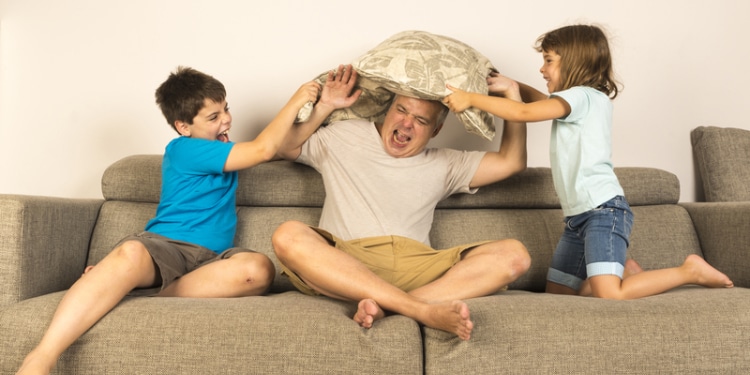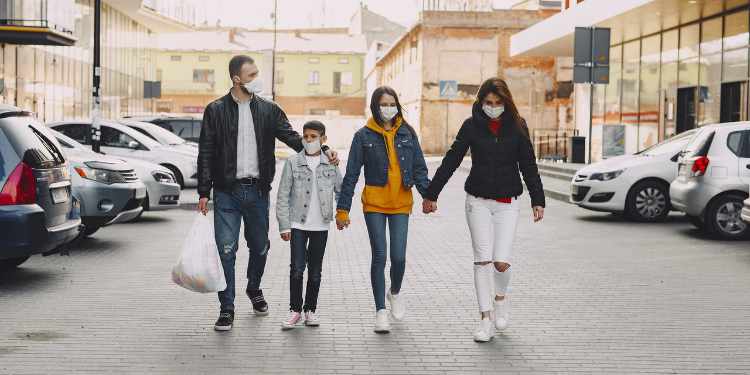









The global COVID-19 pandemic has caused extensive mental distress on individuals worldwide, including a devastating affect on young people. Social isolation, illness, fear of illness, loss of a loved one, and disruption of routine are all known risk factors for anxiety and depression – all of which are taking a toll on children’s mental health according to the Centers for Disease Control and Prevention (CDC). These findings provide insight into how children are mentally struggling in the context of the coronavirus and highlight the importance of monitoring their mental health throughout the pandemic.

Our children and adolescents are being forced to endure uncertainty during crucial stages of their mental development. They are struggling with losing milestones, delayed gratification, an end to birthday parties, playdates, athletics, and other rites of passages that are being felt deeply. Although children are known to be naturally resilient, it is vital that they are offered healthy coping strategies and ensured access to professional mental health treatment help during this public health crisis.
The following expert tips can help parents stay calm and offer reassurance as the pandemic continues to interrupt normal activities.
Children learn from your example and will react to panic and fear by following your reactions. Be aware of the way you share information of COVID-19 with your child because any discussion can increase or decrease their fears. Explain to them how you are keeping your family safe. Listen carefully to how they respond to you, friends, and the news. Young children can benefit from writing or drawing their thoughts and feelings.
Depending on your child’s age, they may not completely comprehend why their parents are not allowing them to see their friends. They may even think their friends do not want to see them. Tell your child that you and other families are following guidelines provided by the CDC to avoid risks of contracting the coronavirus. Show older children how they can make a significant difference in flattening the curve by social distancing.
While it is important for children to know what is going on, especially older children, too much news can have a negative effect. Watching continuous news coverage and updates may increase panic and anxiety. Similarly, too much social media may cause adolescents access to misinformation, rumors, and inaccuracies. Correct false information immediately and talk to your children about the facts to avoid confusion. Then, move on to other noteworthy and important topics.
Make sure you are on all the email and/or text communications from your child’s school. Identify all learning resources and take advantage of any and all additional resources your district or school may provide. For example, some schools are offering curbside pickup for library books, laptops, and additional supplies to help accommodate virtual learning at home. Regularly talk to your child’s teacher(s) to ensure your child is keeping up with the schoolwork and discuss any concerns.
Limited social gatherings, not seeing family over the holidays, and remaining diligent in an effort to avoid infection may cause hopelessness in your child. Focusing on the positive, connecting virtually with friends, doing fun projects, and celebrating the opportunity to spend more time with family can increase mental wellbeing. Offering lots of love and affection and being available during this time can help make this a more positive and happier time.
With a second and third wave of the coronavirus upon us, it is hard to imagine light at the end of the tunnel. But significant steps are being made to develop a vaccine and experts are continuing to ensure people everywhere are staying safe. The pandemic will not be here forever, but there is no reason for your child to suffer through their intense and unmanaged emotions during this difficult time. If you find that your child is struggling and needs professional treatment, it is time to get help.